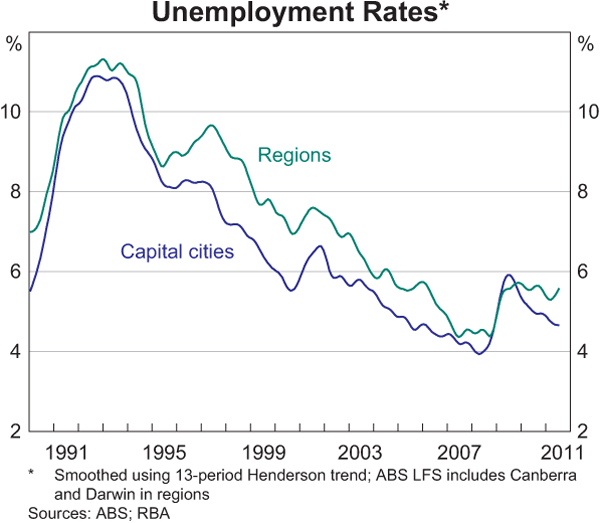 |
| Michael Porter at World Economic Forum. |
Outsourcing can help increase value created in a days work and it is my belief, organisations who strategically outsource its low value, mundane, or non core tasks can significantly increase its productivity, if done well.
By outsourcing non core activity it allows greater focus on higher value creating tasks within the organisation, the acute specialization of a firms value chain. Staff can be moved / retrained to focus on higher value creating, higher fee earning business, working closer to the customer. Companies that outsource will grow not shrink, and as they grow will create more, higher value employment opportunities contrary to to popular beliefs of increasing unemployment.
The acute specialisation of value chain achieved by outsourcing will also help firms be stronger and to withstand tough market conditions due to inbuilt efficiencies. A lot more resilient than those who are slower to move. Apple, Virgin and the major Australian banks are some of the best examples, even the global financial crisis, the worst economic times we have ever seen, they grew and all made multi billion dollar profits when hundreds if not thousands of less efficient firms were going to the wall.
Yet the words, outsourcing or outsourcers, spell fear in most ranks within firms and nationally. Most feel initiatives to outsource will increase national unemployment. When computers were being widely introduced in corporate and government organisations in the 80's and the 90's we had the very same fears. We feared that computers would take our jobs away. We would lose control of our departments and our organisations and security would be significantly weakened and compromised.
When we now look at the paradigm of efficiency brought about with advent of computers, it is cleat that unemployment which averaged around 5.2% in 2012 is nearly half of the 9's, 10's & 11's we were experiencing most of the 1990's. Computers helped transform organisational productivity and change the paradigm of work itself, in the private and the public sector. Today we can't operate without computers even in our homes let alone at work.
If you talk to a firm of accountants today about outsourcing their mundane work, the work their staff have their head buried in, their usual fears are loss of control, security and jobs. This is no different to our fears with computers back in the day. It is the same if you speak to most firms about outsourcing their software development or the mere maintenance application software. I well remember how a CFO asserted to me in the mid 80's "these computers will take away our accounting jobs and we will have no training grounds for young accountants". I wasn't brave enough to tell him as a young consultant his fears were unfounded and he was wrong but history has proven so. Especially considering the importance, and the growth of the accounting profession today. It is the same for many other professions and industries.
Outsourcing if done well, with clear objectives, implemented with skill, can bring in significant improvements in productivity and value creation for all types and sizes of organisations. Small, medium, big, and the public sector. If done badly for the wrong reasons, unclear goals or implemented poorly it will be like those bad computerisation projects we have all heard of and know. The blame we often leave with the outsourcers or the software providers and not where it belongs
If we as employers embrace outsourcing we can help our staff move up the value chain, adding greater value and creating increased opportunities for income and efficiency. I was one of those people that helped usher in computerisation to firms in the mid 80's to the 2000's. Today I believe outsourcing can help strategically transform organisations and its competitiveness. Like anything, to do it successfully, you need to do it right and for the right reasons.
Dinesh De Silva is CEO of Nexgroup Asia Pacific, he and his team are available to speak to media / organisations or groups as a keynote / guest speaker on the above. Contact him +612 8003 3342, via twitter @dineshdesilva or www.nexgroup.com.au
NexGroup Asia Pacific, is a World Class Outsourcing business, providing Software development & Accounting, Finance and Legal BPO Services.

